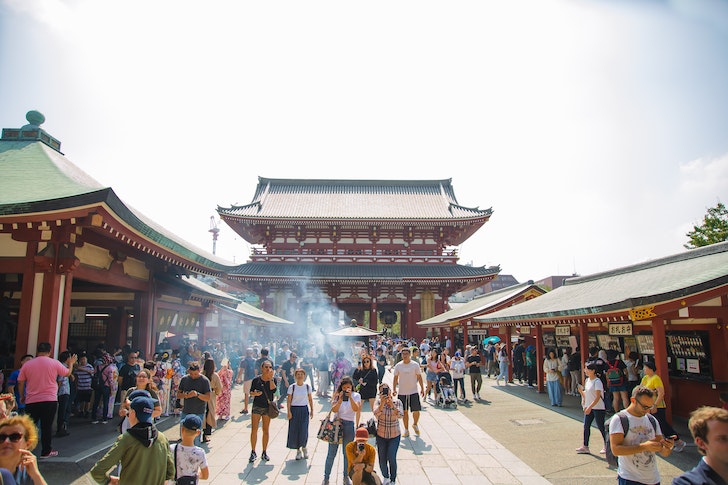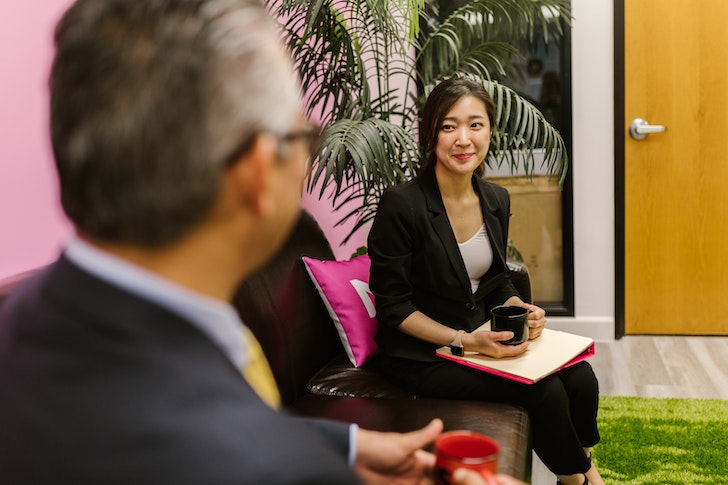Japan has one of the greatest life expectancies in the world – and it is steadily rising.
Healthy life expectancy is rising along with life expectancy itself. Building nursing homes and geriatric hospitals was unable to meet the need.

The increase in life expectancy, however, is contributing to additional issues.
Japan Suffers Serious Labor Shortage
Despite the fact that the country’s workforce is becoming older, the birth rate is declining and more individuals are living longer because of advancements in medicine.
Japan’s population is aging at a pace that is twice that of Germany and four times faster than France’s.

The government has taken steps to buck this trend, most notably by raising the required retirement age from 65 to 70 in April, but researchers predict that Japan will face a 6.44 million labor shortage by 2030, which may be debilitating.
Experts also caution that although the Silver Jinzai network is now helping with the labor deficit, it is unlikely to be enough to make up for the gap in the future, especially if there are better-paid alternatives available.
When it was initially established in 1975, an increasing number of retirees wanted to work because they believed it would keep them active as they aged. However, older people nowadays are far healthier and more active than they were in the past, and they do not see themselves as being “silver” or too old. This group is seeking for employment outside the Silver Jinzai system because they want to work and earn more money.
Employment Possibilities
Traditionally working in supermarkets, as cleaners, gardeners, receptionists, carpenters, or child care aides, Silver Jinzai employees typically worked a maximum of 20 hours per week spread out over two or three days. They may also assist with senior care.
Others use their expertise in computer-aided design or assist in cleaning up trash on the city’s streets. Foreign language proficiency is especially in demand, according to Okada.
A Silver Jinzai employee typically makes 870 yen (€6.70, $7.80) per hour helping with household duties, cleaning windows pays 910 yen, gardening pays 1,040 yen, while the more taxing task of clearing snow in northern prefectures pays 1,855 yen per hour.

The program contributes to easing Japan’s growing labor shortage in addition to generating more cash and keeping the country’s older population busy.
Doing What You Can
According to Takao Okada, the organization’s chairman, there are roughly 10,000 persons enrolled to work with the Yokohama Silver Jinzai Center, and that number has been rising in recent years. The oldest individual listed in the office is 100 years old.
There are more and more individuals who are in good health and have a strong desire to work. Our members want to work for a variety of reasons. Financial security is important for some, of course, but many individuals also want to keep their health, give back to society, or make the most of their expertise and talents.





